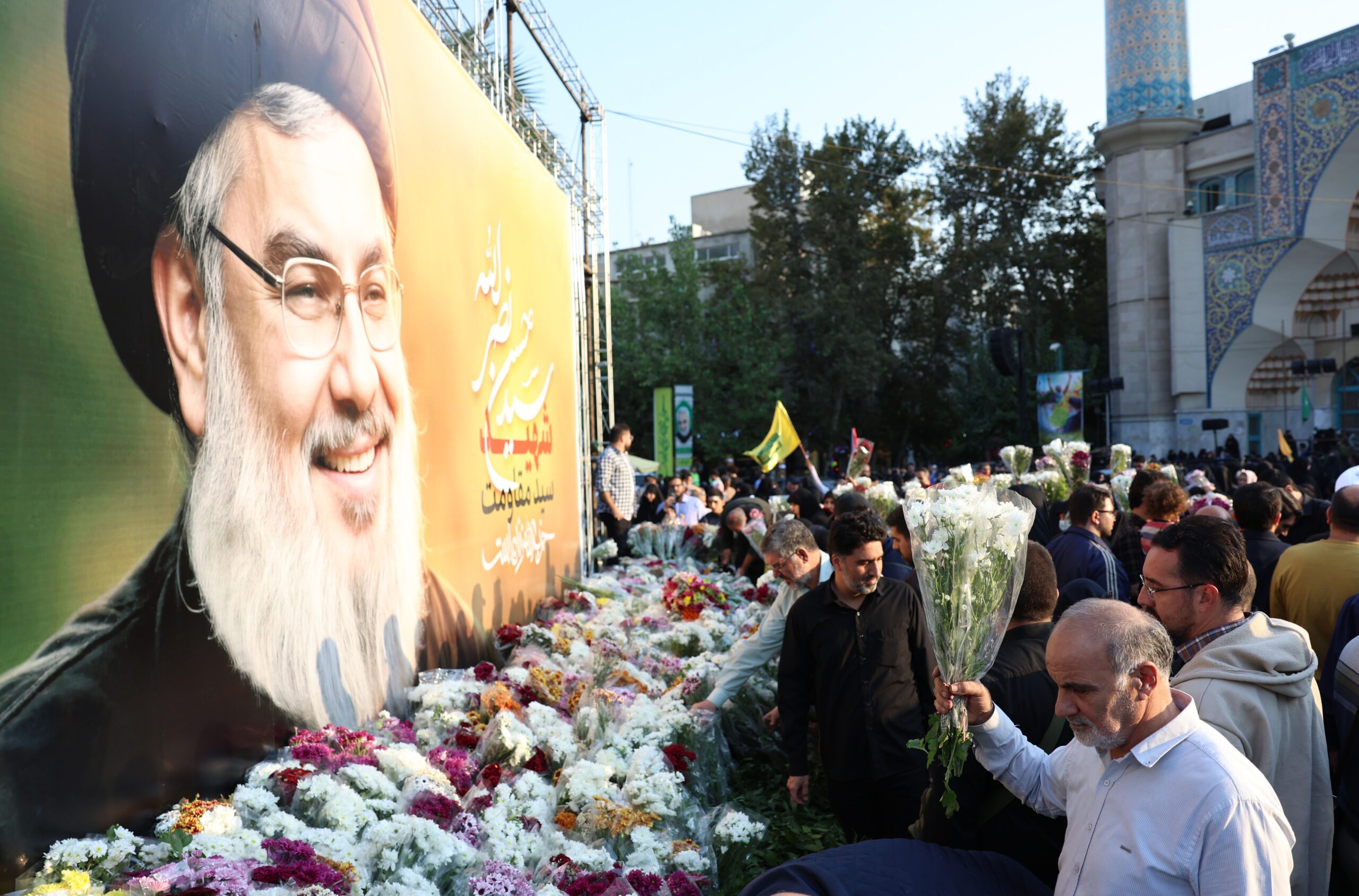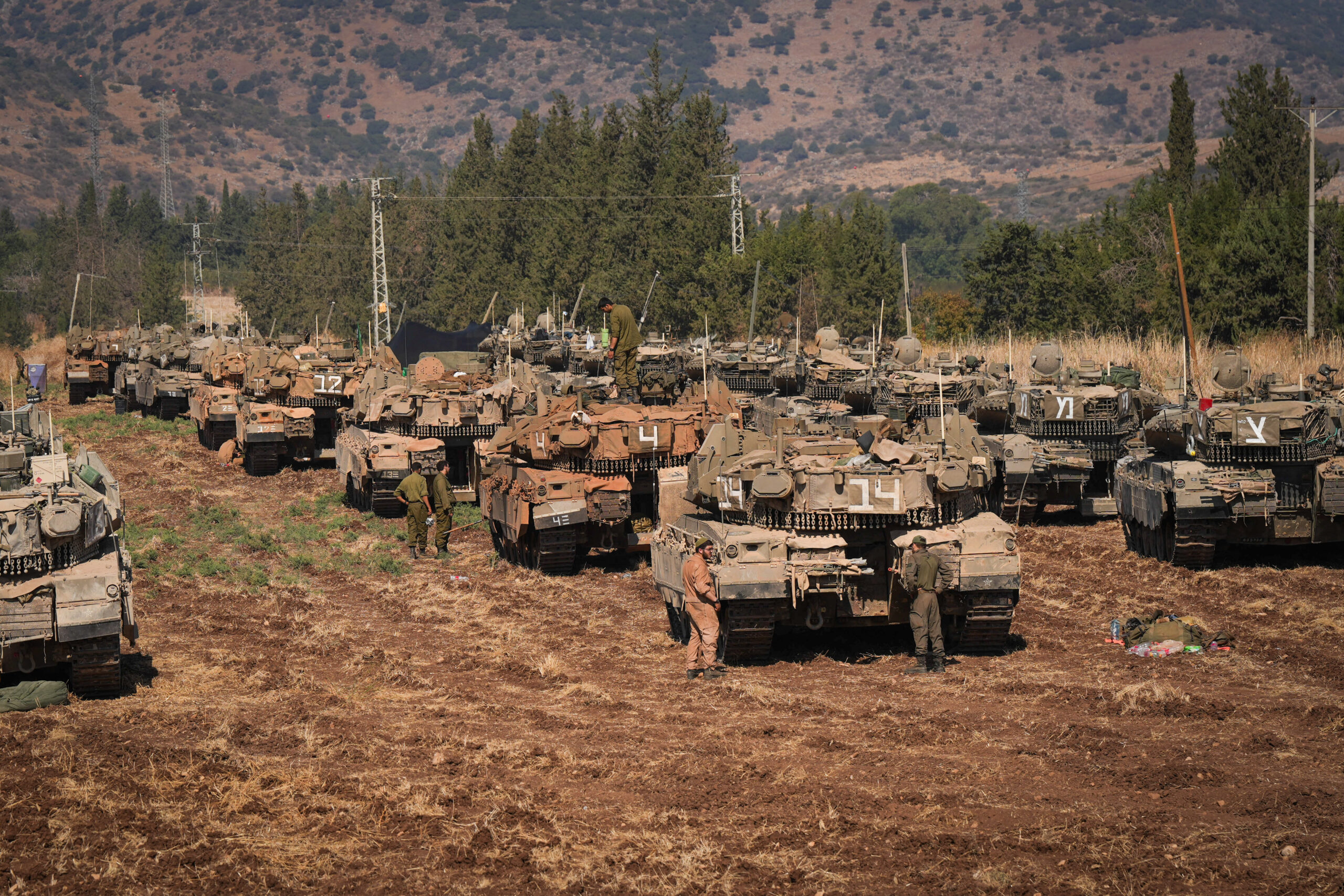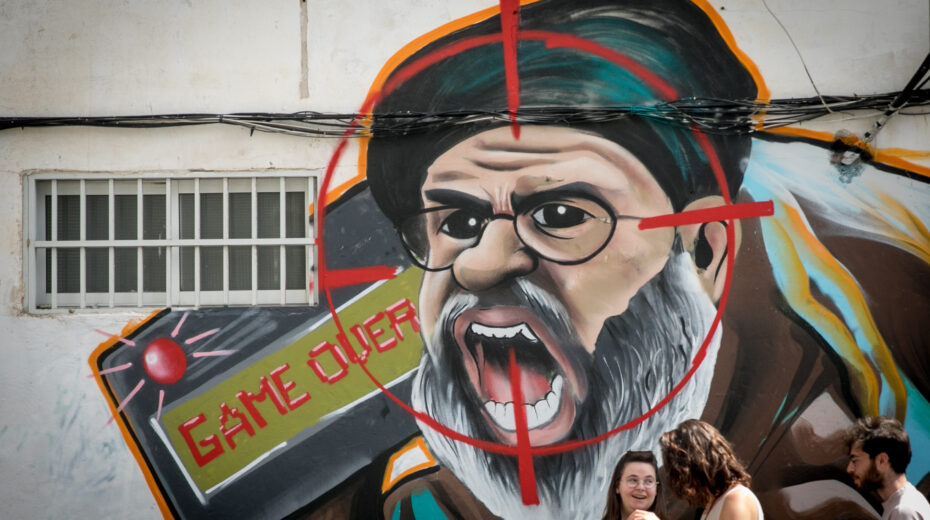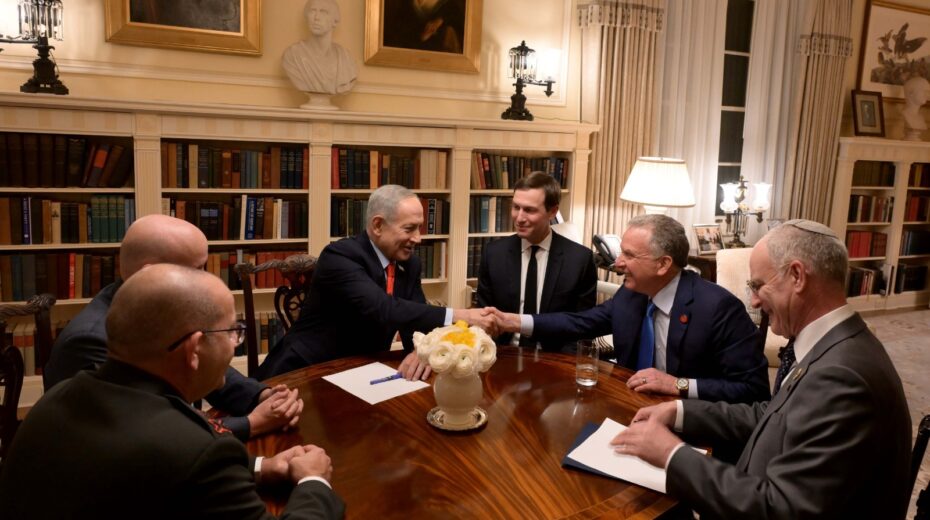The earthquake in the Iranian axis and the possibility of a surprise from Syria: “In the past two weeks, incredible things have happened. Israel is acting today in the Middle East as if it has lost all trepidation.” So said Israel Today commentator Yossi Aloni after returning from the United States where he accompanied Prime Minister Benjamin Netanyahu and his delegation for the UN General Assembly. Below Aloni summarizes the situation after talks with key players (written prior to the Iranian missile attack on Tuesday evening).
ISRAELI ASSESSMENTS: Negotiations for a ceasefire in Lebanon are frozen until Hezbollah understands its own situation. Israel expects Washington to deter Tehran. How will the assassination of Hassan Nasrallah affect Saudi Arabia, and will Syria’s President Bashar al-Assad heed the call from the United Arab Emirates to distance himself from the “axis of evil”? This is the Iranian dilemma: “It will take years to understand everything. How did it come to this? Hair-raising things are happening behind the scenes.”
Even before the limited ground invasion of the IDF in Lebanon, the political scene in the Middle East was boiling. The proxies of the Iranian axis are watching closely to see how Tehran will respond, while the pro-Iranian militias reportedly have not received instructions on how to react to Nasrallah’s elimination. “Everyone is still in shock over Nasrallah’s assassination.”
The pressure on Iran could tempt the regime to launch a large-scale attack on Israel—here, American deterrence plays a crucial role. The Americans have increased their military presence in the region and have taken clear deterrent measures, sending a direct message to Iran: Tehran risks not only having its missiles intercepted but also facing Israel and the US going on the offensive and hitting back hard.

Israeli sources believe that Iran’s room for maneuvering is currently determined by four points: avoiding humiliation, preventing Israel from “going even more crazy,” avoiding slipping into war, and above all, not endangering civilian infrastructure in Iran. Tehran will be forced to take some action, Israeli sources assess—but what that will be remains unclear at the moment.
Meanwhile, French Foreign Minister Jean-Noël Barrot has traveled to Beirut to renew the initiative for a ceasefire. He is in contact with the Lebanese government, which, however, is powerless and without influence as long as there is no leadership within Hezbollah. Israeli and American sources believe that negotiations for a ceasefire in the north are frozen until there is clarity regarding Hezbollah’s situation.
Échanges avec les autorités libanaises : @Najib_Mikati, Nabih Berri, Bechara Boutros Rahi et Joseph Aoun.
Les solutions diplomatiques existent : cessez-le-feu, respect du droit international et humanitaire, mise en œuvre de la résolution 1701.
La France reste aux côtés du Liban. pic.twitter.com/msANu1izlL— Jean-Noël Barrot (@jnbarrot) September 30, 2024
A new Middle East?
An intelligence member told me we are in one of the most sensitive phases in the history of the State of Israel: “In two to three weeks, we will know in which direction the Middle East is developing—either a regional war or a major shift towards a new Middle East, where the Iranian ‘axis of evil’ dissolves, and the states turn to the West.”
The first country that might make this decision is Syria. The United Arab Emirates has long tried to persuade Assad to distance himself from the “axis of evil.” And after Assad saw how the Iranians let Nasrallah fall, he might come to realize that the ayatollah regime cannot be trusted.
And this is where Saudi Arabia comes into play: Riyadh is the biggest beneficiary of the killing of Hassan Nasrallah. This step could pave the way for the “big deal” with the Saudis, including normalization of relations with Israel. However, Saudi Arabia still links this to progress toward a Palestinian state. Therefore, as long as Netanyahu does not provide a clear horizon that includes a demilitarized Palestinian state, nothing will really change. With Gideon Sa’ar joining the government coalition, Netanyahu is less dependent on Itamar Ben-Gvir and his whims. Sa’ar, a vehement opponent of a Palestinian state, is unlikely to leave the government, even if Netanyahu presents a vision for a future Palestinian state under certain conditions.

Regardless, an Israeli source familiar with the details said that Israel has lost all trepidation: “When Israel makes decisions regarding the dramatic measures taken in recent months around the elimination of Fuad Shukr and the actions attributed to Israel against Ismail Haniyeh and Hassan Nasrallah, it no longer takes into account how the other side will react,” the source said.
“If they want to shoot, let them shoot. If they want to start a ground invasion—we will see. Israel is no longer willing to enter a stalemate and is moving towards making decisions. The world sees this and is stunned.” The source added: “It will take another 20 years before it will be told and understood what the Israeli intelligence did in recent actions. Much of what is published is either wrong or at least inaccurate. There are hair-raising things going on.”














